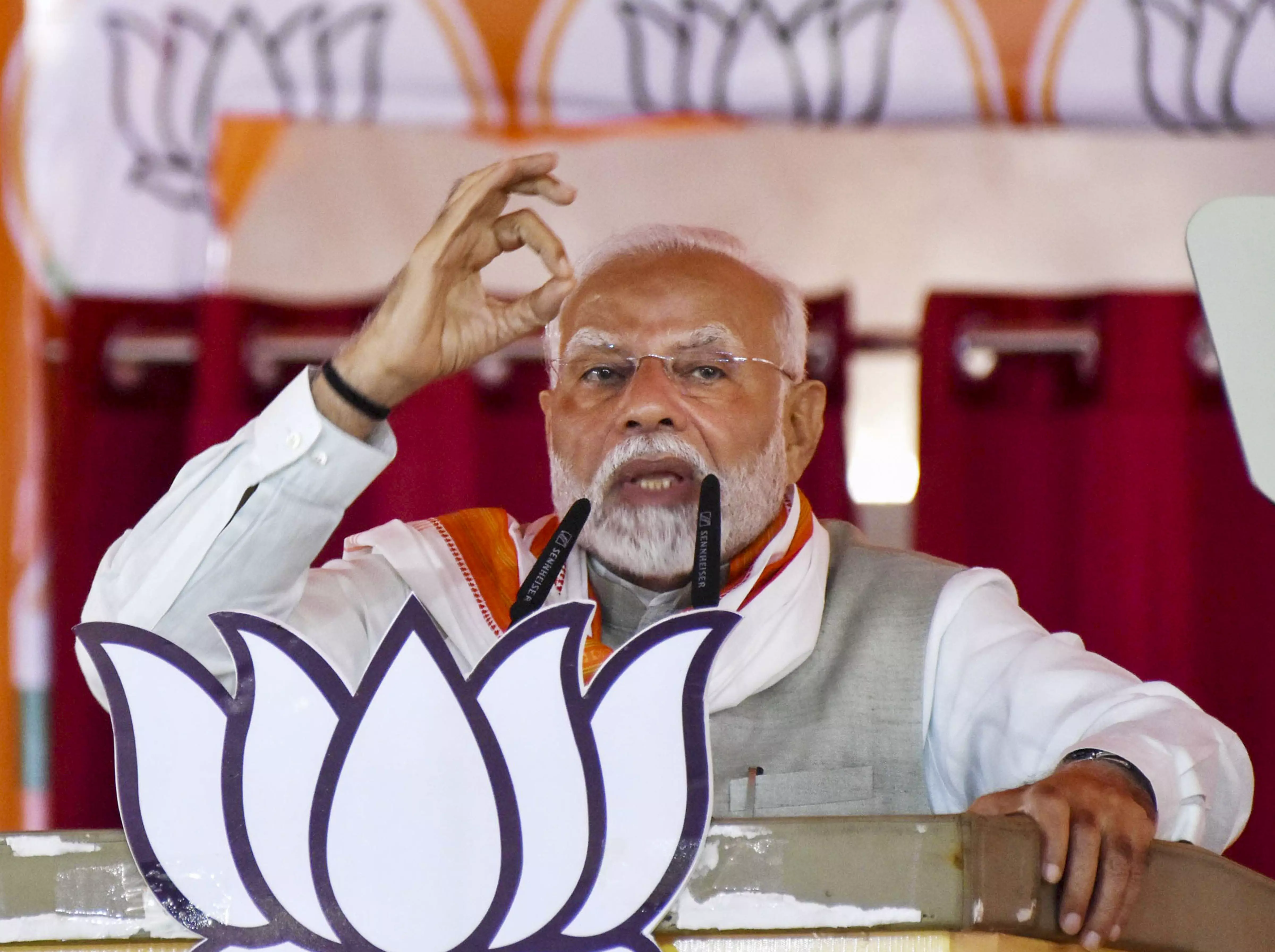DC Edit | UCC with exemptions shows it’s unsuited in diverse India

The BJP's renewed push for a Uniform Civil Code in Jharkhand raises questions about its motivations and the feasibility of implementing such a law in India's diverse society. (PTI Image)
Introduction of a Uniform Civil Code across the country has been in the election manifestos of the BJP for quite some time and the party was quite vocal about it during the campaign for the 2024 Lok Sabha elections. The drubbing the party received at the hustings slowed it down on the topic but the unexpected victory in Haryana has emboldened it to rake up the topic again.
Prime Minister Narendra Modi would call it a ‘secular civil code’ instead of Uniform Civil Code, which he insists the government will try to introduce in the immediate future. Now the party has promised in its manifesto for the Jharkhand Assembly elections that it will indeed implement it in the state if elected to power. Home minister Amit Shah, who released the manifesto, however, hastened to add that the members of the tribal communities in the state will be kept out of its ambit.
This is not the first time the BJP is using the idea of UCC as a poll promise; this is not the first time the BJP talks of exempting communities from its ambit, either. Mr Shah himself is reported to have promised exemption to the tribal Christian community in the northeastern states earlier.
The makers of the Constitution were mindful of the pitfalls of introducing a uniform code for all communities in India given the diversity of its communities and the cultural, historical, political and geographical backgrounds they live in. It will be a Herculean and time-consuming task for all the communities to integrate themselves to a common identity so that they will feel the need for a common civil code. That is the reason why the Constitution placed the idea of a UCC in the Directive Principles of State Policy as a non-enforceable idea.
At the same time, there are specific immediate requirements for legislative intervention in various aspects of personal laws to keep pace with the time. For example, the Hindu Code ensured that women get an equal share in the ancestral property while the intervention of the Supreme Court ensured that Christian women are not denied their equal rights in inheritance. The Islamic personal law in India, however, discriminates against women when it comes to inheritance. A law which was progressive at one point in time has been made obsolete by the passage of time and social changes. It may be updated without waiting for the introduction of a uniform personal law.
The approach of the BJP to the UCC as evidenced in the manifesto for Jharkhand Assembly elections does not reflect a genuine and felt need for change; it rather betrays a hurry to muddy the waters and exploit the situation. The saffron party would see that the state government there led by the JMM is “patronising Bangladeshi infiltrators for votebank politics”. Instead of blaming the state government, the party, which runs the Union government, should ask itself what made infiltration, if it has happened at all, possible. A party with a huge stake in the future of the country should identify measures that can united communities; it is sad if divisive elements alone attract its attention.
( Source : Deccan Chronicle )
Next Story

